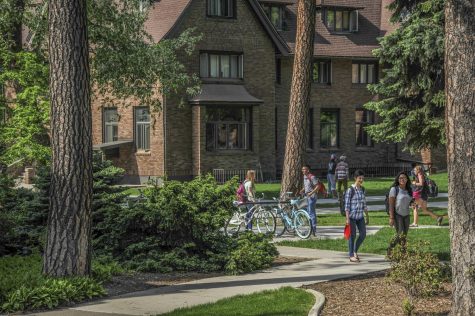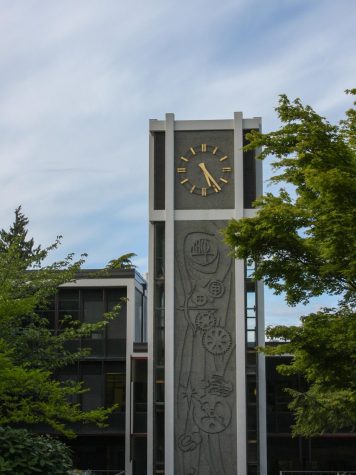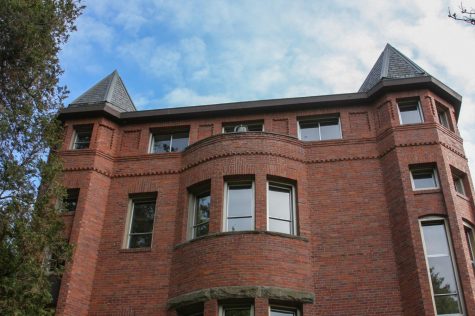Religious exemption not an excuse to exclude LGBTQ+ community
SPU’s stance on the LGBTQ+ community versus other WA christian colleges
May 28, 2021

Despite student, staff, and faculty efforts to have the statement removed in support of the LGBTQ+ community, the SPU Board of Trustees made the decision to keep its Statement on Human Sexuality due to the religious beliefs that it upholds, and it’s not the only Christian university in Washington state that enforces these values.
Whitworth University’s Board of Trustees made a statement regarding how they came to their decision to continue their “mutual but not exclusive partnership” with the Presbyterian Church in spite of, “continuing controversies within the Presbyterian Church mainly surrounding church polity and the enfranchisement of LGBT persons in certain rites and offices.”
The statement says that while these issues are important and affect the campus, the board decided to affirm Whitworth’s position as a university, not a church, and will not be pursuing any “radical change” that could change the university’s identity.
Such radical change includes taking ethical positions that go beyond scripture and should be decided at the church or denominational level, or outside of the school’s jurisdiction.

Faith International University, a seminary school in Tacoma, has a statement on their website that they don’t discriminate against race, color, ethnic origin, age, or disability of any of their students, but this non-discrimination policy mentions nothing about the LGBTQ+ community, similarly to SPU’s.
Faith International University was listed on campuspride.org’s Worst List: The Absolute Worst Campuses for LGBTQ Youth. It was the only university from Washington state that made the list.
Other Christian colleges like Pacific Lutheran and Walla Walla University have chosen to embrace the LGBTQ+ community.
Pacific Lutheran University has an entire resources page dedicated to the safety of their LGBTQ+ community on campus.
These resources include information on sexual assault, abuse, and gender violence, in the LGBTQ+ community, as well as helplines and safe havens should they find themselves or someone they know to be a victim of these crimes.
Walla Walla University formed an official group for their LGBTQ+ students to come together and support one another.
They modeled this initiative after a study done by Michigan’s Andrews University. Andrews University “recognized that LGBTQ+ students had started unofficial groups at most Seventh-day Adventist North American Division colleges and universities, groups that received little to no guidance or support from their institutions.”

After years of studying this issue, assembling task-forces to combat it, and gathering church-leaders to find a resolution, Andrews University formed an entity called Haven to provide a safe space for their LGBTQ+ community. Walla Walla named their Haven after Andrews University’s Haven, with the goal of providing the same support, resources, and spiritual and emotional care for their LGBTQ+ students as the original Haven.
Walla Walla’s Haven is led by an advisory council consisting of members of administration, faculty, staff, pastors, and students, several of which identify as LGBTQ+.
SPU also has a club for LGBTQ+ students called Haven, but SPU’s Haven is student-run. Started by alumni in 2011, Haven wasn’t considered an official club by the Associated Students of Seattle Pacific until 2013.
Some Washington Christian colleges sought out ways at the administrative level to provide their LGBTQ+ students with resources and support while still upholding their religious beliefs and biblical values.
SPU students, staff, and faculty have put forth similar efforts, but they are not enforced by administration.




























































































Jessica Wetter • May 31, 2021 at 9:43 am
Thank you for sharing the information in this article. For those of us interested in this issue at SPU, interested in supporting positive social change and support for LGBTQIA+ people at SPU, would you all consider sharing how to connect with Haven, and how to connect with those organized to work on changing the policy?